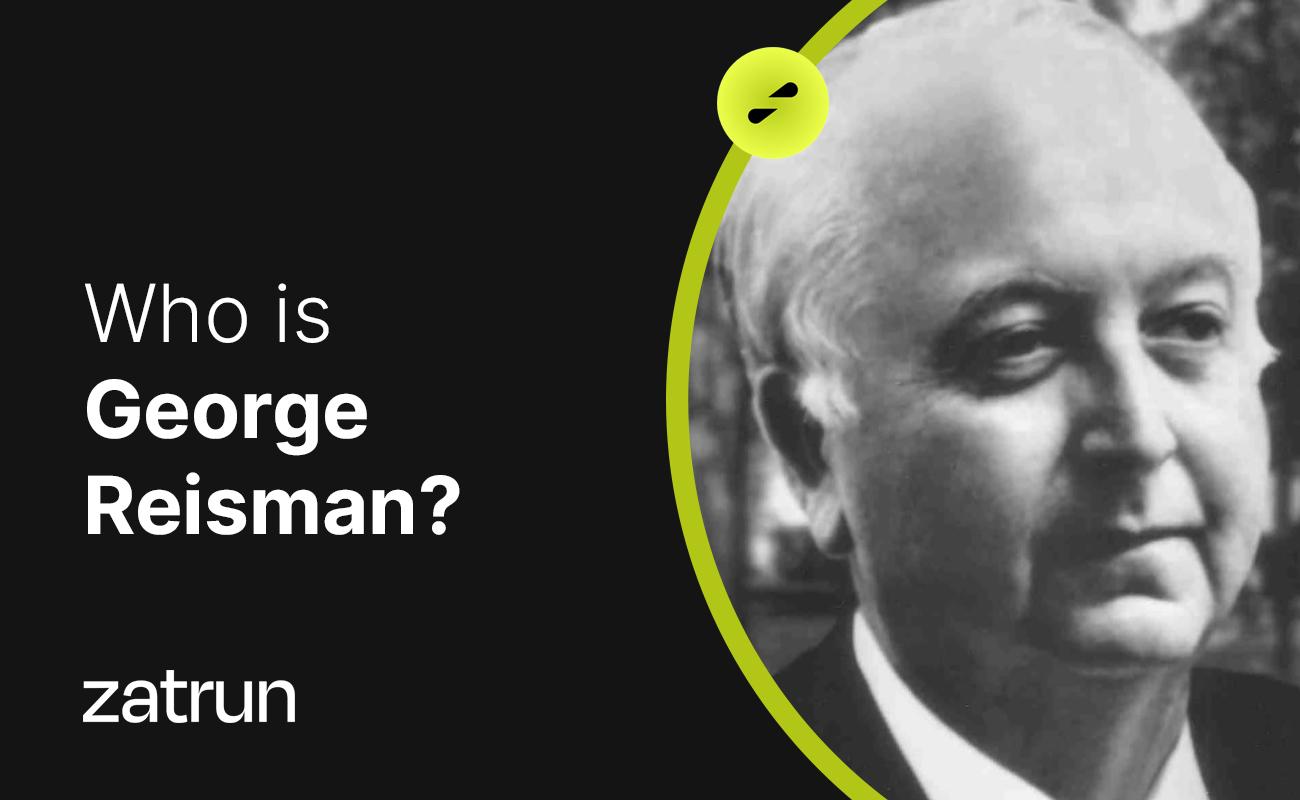Lionel Robbins, born in 1898, was one of the leading British economists of the 20th century. He is particularly known as an influential member of the “London School of Economics (LSE).” His achievements and contributions at LSE led to the establishment of the theoretical foundations of economics, which had a significant impact on the international level.
Robbins is particularly famous for his work on the definition of economics. According to him, economics is “the science which studies human behaviour as a relationship between ends and scarce means which have alternative uses. This definition is considered one of the fundamental principles of economic thought and is still included in many economics textbooks today.
Lionel Robbins passed away in 1984, but his ideas continue to be discussed, making him an important economist. If you are interested in learning more about him, keep reading this Zatrun.com article.

Who is Lionel Robbins?
Lionel Robbins completed his university education at the University of London and London School of Economics. He worked as a lecturer at New College, Oxford, and LSE. In 1929, he began working as a professor in the economics department at LSE, a position he held until 1961.

Early in his career, Robbins was influenced by Friedrich Hayek, whom he brought to LSE. Through this, he played a significant role in moving Anglo-Saxon economics away from a Marshallian focus on microeconomic theory and analysis. Instead, Robbins’ proposed understanding of economics focused more on macroeconomic issues, particularly development economics. Therefore, Robbins’ economic thought holds an important place in both theoretical and applied economic studies.
His Academic Contributions
Lionel Robbins made significant efforts to establish economics as a science at a time when it was possible to become a theorist without extensive mathematical knowledge in economics. For example, his book “Essay on the Nature and Significance of Economic Science” (1932) became a methodological classic. In this book, Robbins defined economics as an expression of human nature: “People want things that they cannot have.”

Robbins’ definition of economics as “the science which studies human behaviour as a relationship between ends and scarce means which have alternative uses” is still widely used today. He argued that the most important propositions and laws in economics are logically derived from basic assumptions. His work on the history of economic thought, particularly his studies “Theory of Economic Policy” (1952) and “Robert Torrens and the Evolution of Classical Economics,” is notable.












